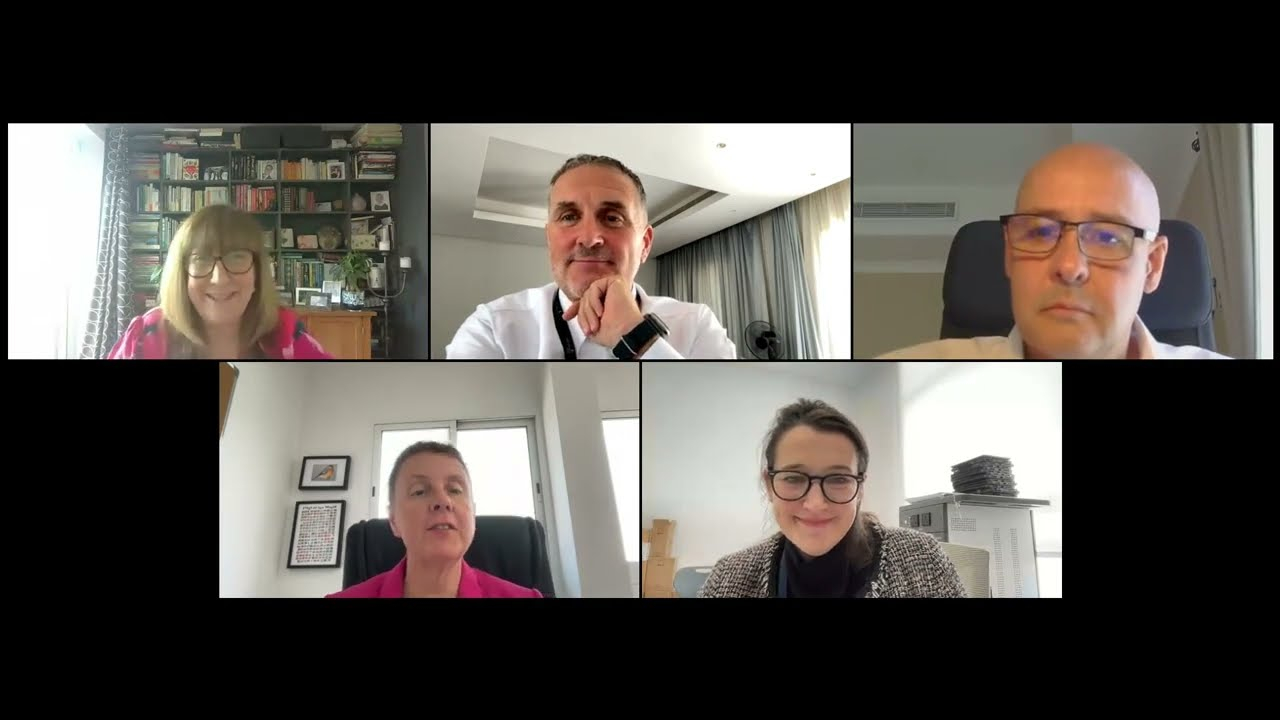What if we lived in a world where every child would grow up bilingual at minimum?

Through the hard work of parents and educators, a renewed push for bilingual programs is changing the educational landscape of schools, communities, and cities around the world. Over the last two decades, the general approach to education has gradually shifted away from the mastery of one language to the goal of bilingualism, language enrichment, and the preservation of heritages and cultures. This new approach has pushed linguistic communities to create dual-language programs that have embraced these new goals. For the last 30 years, I have been supporting the development of language education in schools around the world. Through my research, as well as my professional and personal experiences, I have found that children who have had a bilingual upbringing enjoy numerous benefits beyond the acquisition of another language, including a better appreciation of other cultures, other individuals, and even themselves. Here is why I believe we should establish language as a critical life skill, through developing and implementing bilingual education programs, promoting diversity, reducing inequality, and helping to provide quality education.
Learning multiple languages from a young age can benefit greatly to children. Mastering multiple languages has an impact on the functioning of the brain, on the academic capabilities of children, on their social skills and on their economic future.

Neurological Advantage
Bilingualism as an experience has a profound and clear impact on the structure and organization of the brain. Bilinguals benefit from lifelong advantages in problem solving thanks to the constant rewiring of their executive control system. Bilinguals’ constant need to process information in two languages activates the executive control system more intensely and more efficiently. Moreover, learning to speak two languages from childhood also pays off in old age. Elderly bilinguals perform problem-solving tasks with high success, without utilizing certain areas of the brain particularly vulnerable to aging.

Stay up to date
Subscribe to the free GESS Education newsletter and stay updated with the latest insights, trends, and event news every week. Your email address will remain confidential

